Overview
School boards are required to complete and submit to the Ministry of Education an annual report on the implementation status of the Student Mental Health Policy/Program Memorandum 169 requirements, along with their three-year mental health and addictions strategy, and one-year action plan. The one-year action plan must have a comprehensive framework that includes the requirements outlined in the Student Mental Health Policy and Program Memorandum and a plan for how each component will be evaluated and measured.
One Year Action Plan for 2025 - 2026
The Student Mental Health and Addiction Strategy was launched in Fall of 2022. YRDSB’s one year action plan builds on the achievements of the strategy so far, and prioritizes the actions from the Student Mental Health and Addiction Strategy to be addressed in the 2025-26 school year. The one year action plan also highlights the school board's progress in the implementation of the 11 requirements of Student Mental Health PPM169. Participation in professional development for staff, symposiums for students and webinars/ supportive events for parents/caregivers will be monitored and acquisition of skills and knowledge will be evaluated for all of the priority areas.
Priority #1: Three-Year Mental Health and Addictions Strategy and One-Year Action Plan
Co-created in Fall 2022, the YRDSB Student Mental Health and Addiction Strategy “ Within Us, Between Us, Around Us” was developed with extensive community and stakeholder consultation and input. The 2025-2026 action plan builds on the achievements of the Strategy so far, and outlines YRDSB’s plan to continue to address the 11 requirements from PPM169.
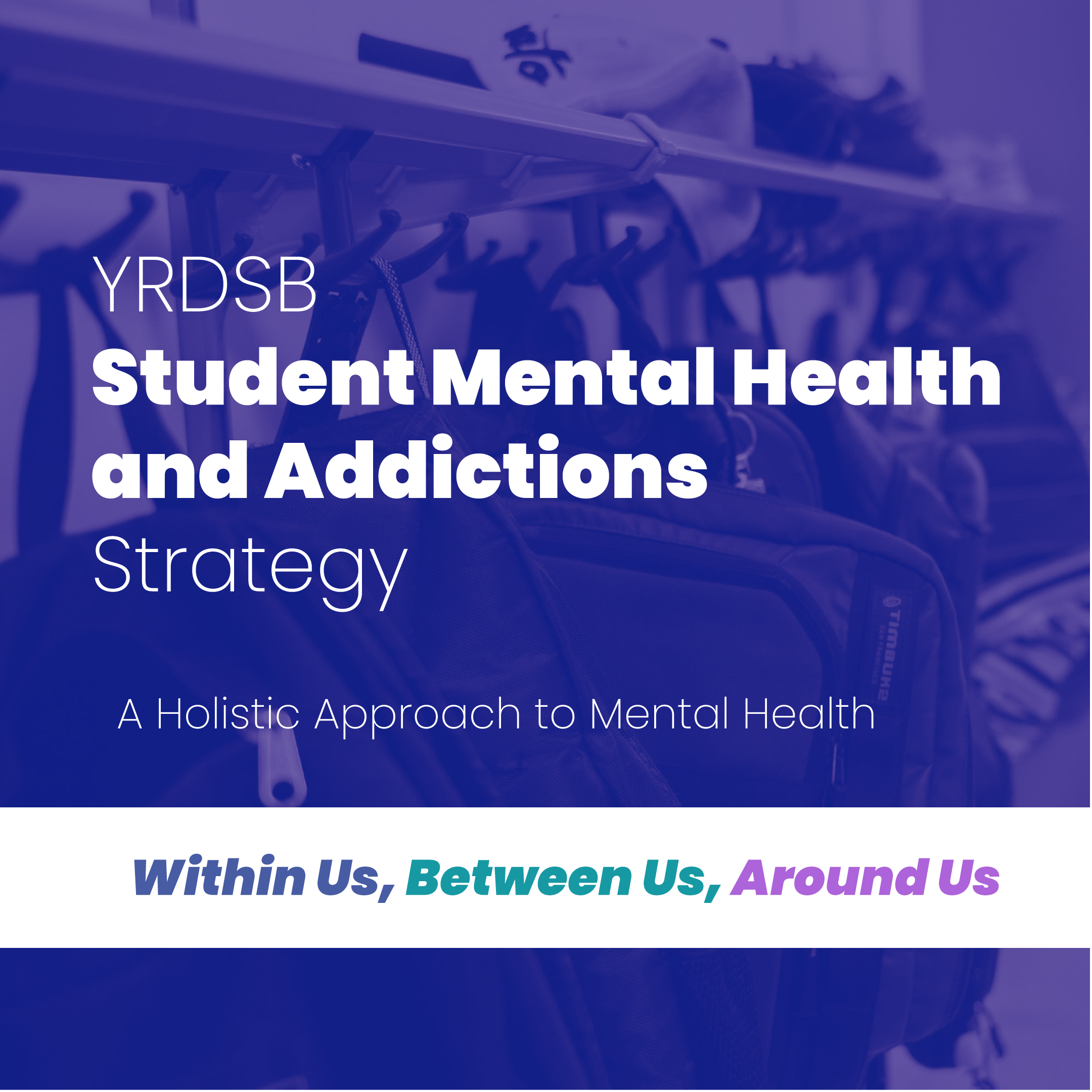
Priority #2: Enhanced Educator / Staff Mental Health Literacy
YRDSB continues to offer high-quality, evidence-informed provincially and locally developed mental health and addictions literacy for all staff so that they can embed mental health promotion and substance use prevention into the education experience for students and help to foster safe, and welcoming environments.
Key Actions
1. Continue with ABCs of Mental Health by supporting and promoting every school’s School Mental Health Liaison who act as mental health champions.


2. Continue with Miss, Dismiss, Avoid : Psychological Barriers to Disrupting Racism, Racial Trauma and How to Counteract It. Module 2 will focus upon tools for counteracting trauma and disrupting incidents of Racial Trauma.
3. Continue to support professional learning related to the Ministry of Education mandated mental health literacy curriculum.
4. Continue to promote trauma sensitive practice guidelines, and professional learning for educators and student support staff.
5.Explore practical guidance for educators and staff on identity-affirming and anti-oppressive social emotional learning (SEL).
6. As part of the YRDSB Student Suicide Intervention Protocol, continue to offer ASIST (Applied Suicide Skills Intervention training) to teachers, school administrators, social workers, psychology staff, and some community partners.
Priority # 3 : Reviewing and Revising Mental Health Policies and Protocols
We will develop, design, implement and/or revise, mental health focused protocols/policies, and learning environments/spaces with a focus on identity affirming, culturally responsive approaches.
Key Actions
1. Explore new and ongoing learning, emerging data from the Every Student Counts Survey, as well as the health and physical education curriculum to promote and incorporate gender inclusivity into school environments.
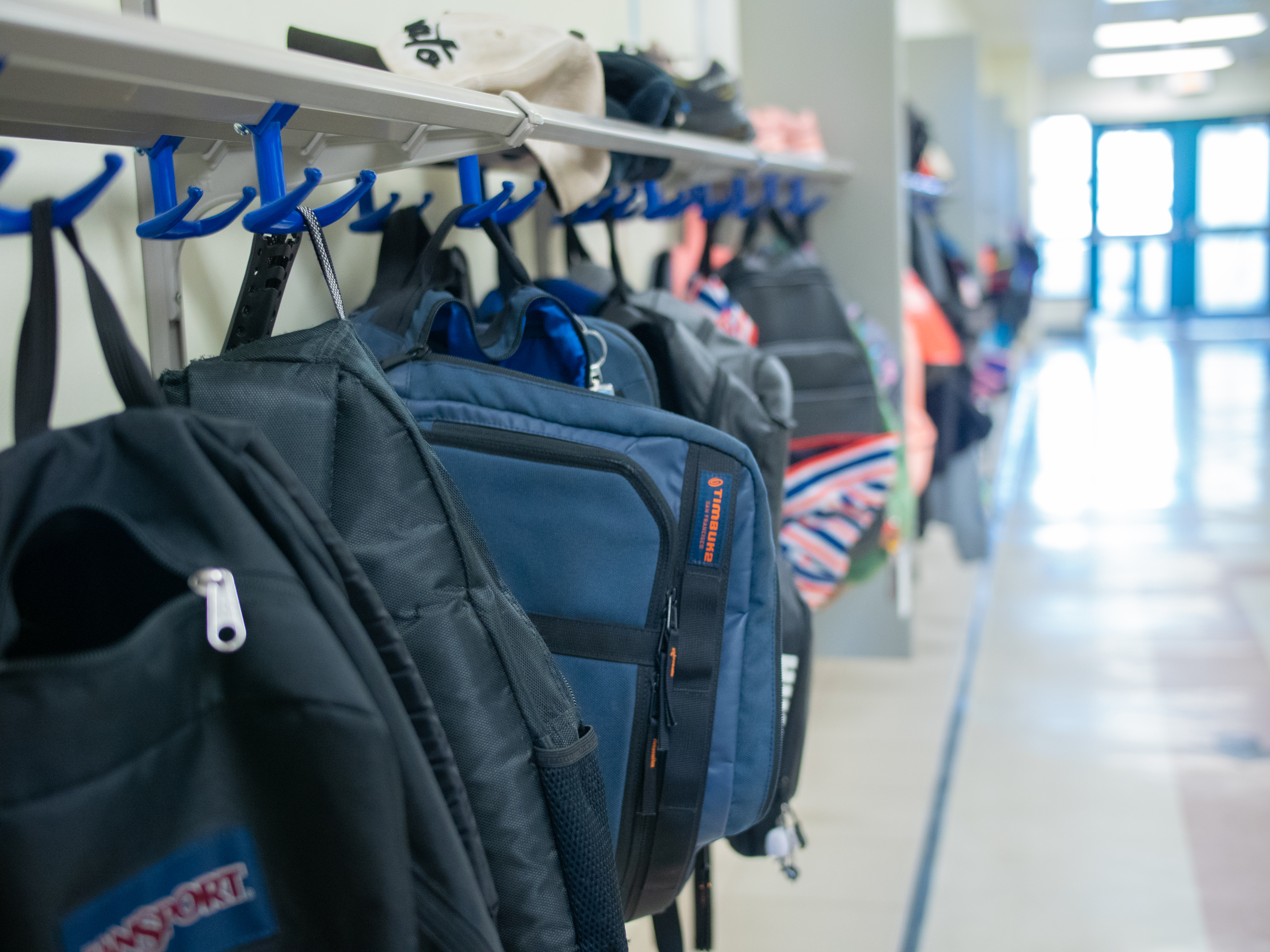
Priority #4: Mental Health Literacy Learning for Students
YRDSB will support student mental health literacy through continuing to encourage and support identity affirming, culturally responsive, mental health focused student leadership (grades 6-12).
Key Actions
1. Support sustainable implementation of the mandatory mental health literacy modules for grades 7 and 8 through health and physical education and grade 10 students through the careers curriculum.
2. In alignment with PPM128 (The Provincial Code of Conduct and School Board Codes of Conduct) continue to build awareness and education regarding the impacts of vaping and mental health, and technology / screen time and social media use and mental health.
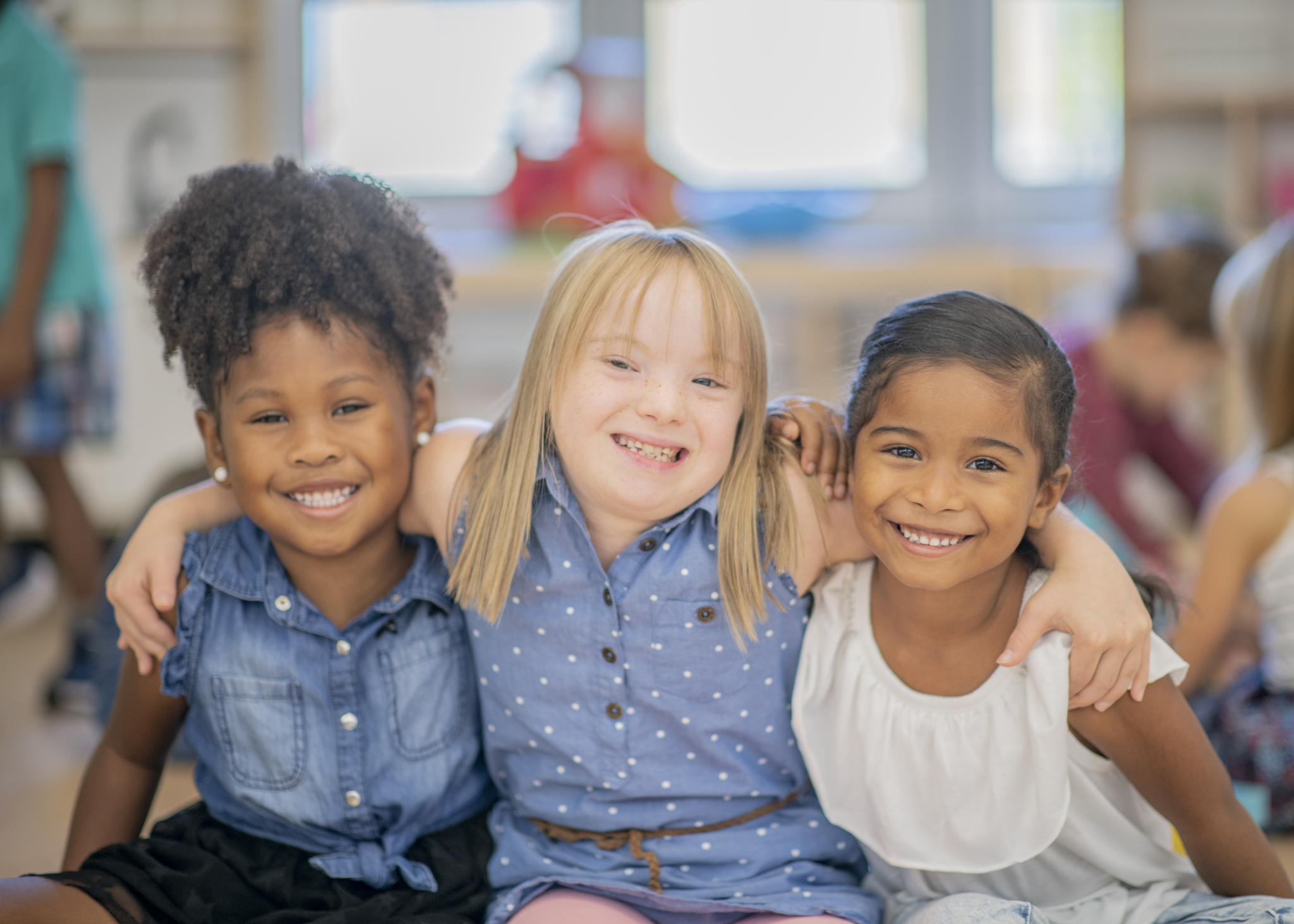
3. Continue to support Youth S.P.A.C.E. (Student Promoting Awareness, Connection and Empowerment) Student Leadership for Mental Health initiative which promotes student collaboration and leadership in implementing the Mental Health and Addictions Strategy and supports mental health literacy to reduce stigma surrounding mental illness and substance use.
4. Continue to offer the LAMPS – Learning About Mental Health Presentation Series (LAMPS). These interactive workshops for students grade 1 - 12 and parents/caregivers focus on mental health literacy, and social emotional learning topics.

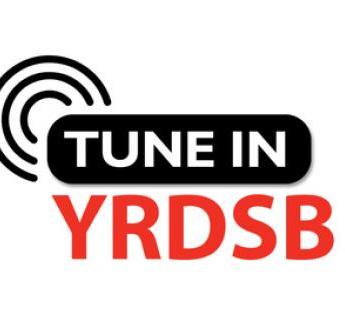
Tune In YRDSB: Social Anxiety and Supporting Healthy Relationships
Tune In YRDSB: Supporting Student Mental Health During Exams

Priority # 5: Multi Tiered Systems of Support Centering Joint Local Community and Parent Engagement / Planning
Key Actions
1. We will review our service delivery model based on the Multi Tiered Systems of Support. As Right Time Right Care evolves across Ontario, we will explore how this may impact delivery of school based mental health support and service. We will collaborate with the york region lead agency for children’s mental health -Kinark to implement the objectives of the Right Time Right Care report.
2. Continuing the implementation of the Collaborative Relationship with external services (CRES) process with external mental health organizations. CRES permits partnering agencies to offer free services to students during the instructional day.

3. Raising awareness and understanding of the use of “mental health absences” for students as an option among reasons for absence on student absence reporting platforms.
4. Adopting a “ Nothing about us without us” mindset when partnering with caregivers and families.
- a. Expanding the Learning About Mental Health Presentation Series (LAMPS) for families and caregivers.
- b. Explore reciprocal collaboration with community parent and family collectives in order to learn from family members and be more responsive to needs.
Priority # 6: Consistent Use of Evidence-informed brief interventions.
Key Actions
1. Continuing use of remote mental health services using a virtual care platform when it is the most appropriate or accessible delivery vehicle to meet student needs.
2. Continuing to implement evidenced based service delivery through our YRDSB Psychological Services and Social Work Departments.
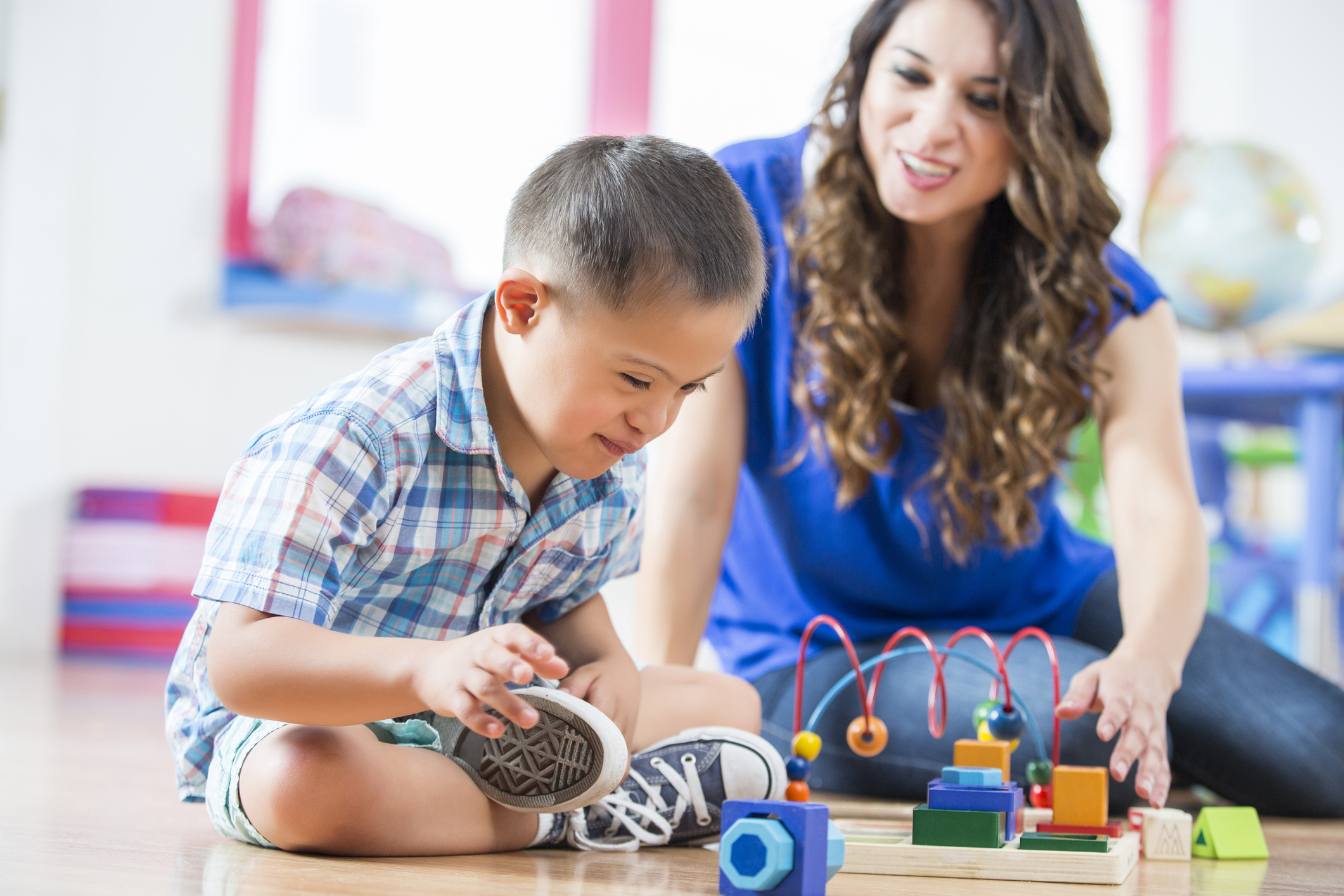
For more information
For more information about this report, please contact us.